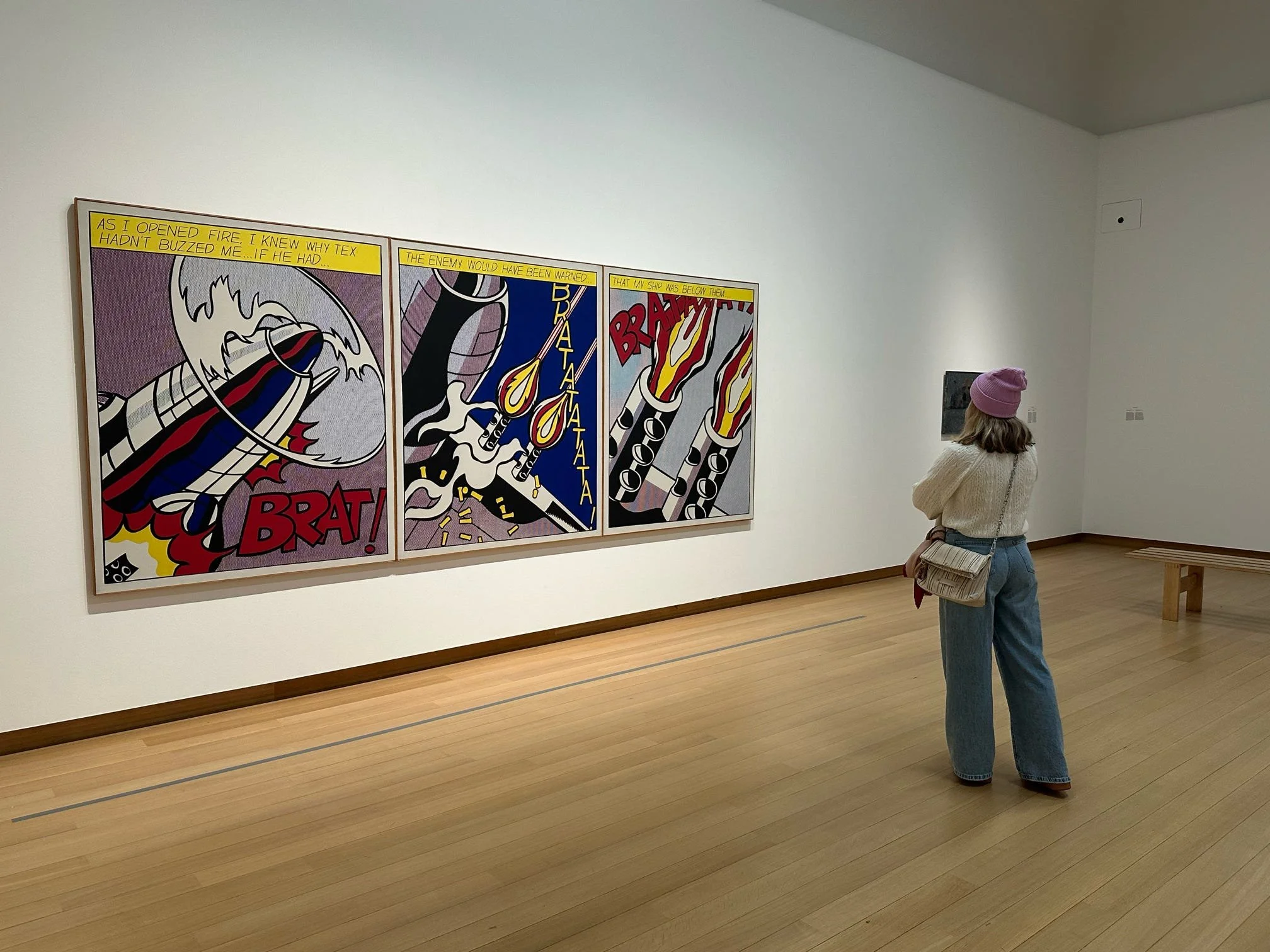Not The Boy You Expected
October 13th, 2025
Photo: Libby Zufi
Writer: Aidan Lane
Editor: Noa Chorowsky
When I introduce myself, there is almost always a pause. “Aidan?” The person tilts their head, surprised, before offering the inevitable: “Oh—I thought you were a boy.” My name has always been treated less like a fact and more like a twist in the story of who I am. It rarely arrives quietly; it arrives with commentary.
I’ve lost count of how many times I’ve heard that exact line. They’ve followed me into Ubers, with drivers double-taking in the rearview mirror. They’ve come at the start of phone calls, after days of exchanging emails, when the person on the other end chuckles in disbelief that the voice belongs to me. They’ve surfaced in classrooms, at events, even in casual introductions with strangers who don’t mean harm but leave me with the quiet sting of being misread.
For a long time, these moments unsettled me. Names are not neutral. Instead, they are charged with meaning: family history, cultural weight, and the unspoken expectations of the world. They are the first impression we carry into every encounter, long before we can explain ourselves. For me, my name often felt like something I had to justify before I had the chance to simply be.
I can trace the first sharp memory of that discomfort back to fourth grade. Our teacher had decided to pair us with first-grade “reading buddies,” organized neatly by gender: boys with boys, girls with girls. It was supposed to be simple. But when she got to my name, suddenly it wasn’t; she placed me in the boys’ group. I walked over, cheeks burning, feeling the invisible line that had just been drawn. Every other girl in the class settled into a corner with Fancy Nancy or Pinkalicious, their books glittering with tiaras and pink dresses. My buddy and I were handed shark books. I still remember the glossy pages filled with rows of jagged teeth. I tried to pretend it didn’t matter, but deep down I felt betrayed by the teacher, by the assumption, and most of all, by my own name.
That moment stayed with me because it wasn’t just about the books—It was about belonging. Even at nine years old, I understood that something as seemingly small as a name could redraw the boundaries of who I was meant to be.
As I grew older, those small moments accumulated. My name became a quiet source of insecurity, a reminder of how easily identity can be shaped—or misshaped—by expectation. And yet, with time, my relationship with my name began to change. My parents gave it to me with love and without hesitation. They didn’t see any contradiction in it. They saw the possibility—and that realization mattered. It taught me that maybe Aidan was not something to apologize for but something to grow into.
Claiming my name became part of claiming myself. It forced me to become comfortable with contradiction: with being both unexpected and authentic, strong and soft, exactly who people imagined and completely different from it. Aidan pushed me to expand beyond the categories I was placed in, to find my own footing instead of shrinking into someone else’s assumption.
Now, when someone reacts to my name with surprise, I no longer flinch. I don’t feel the fourth-grade sting of sitting in the “wrong” group. Instead, I see it as an opportunity—not to defend, but to explain. Names, like people, are stories—changing as we grow, gathering meaning as we claim them. My name tells many stories: of the little girl who read shark books while everyone else read about princesses; of the countless introductions where people’s expectations didn’t align with reality; and of the slow, deliberate process of learning that identity isn’t about categories we inherit. It’s about the spaces we carve out for ourselves.
Yes, my name is traditionally masculine. And yes, it has been a source of insecurity. But it has also become my anchor. It reminds me that I do not need to be predictable to be complete. I only need to be true to myself. That is the most powerful meaning a name can hold: not the assumptions it invites from others, but the ownership we choose to claim within it.

